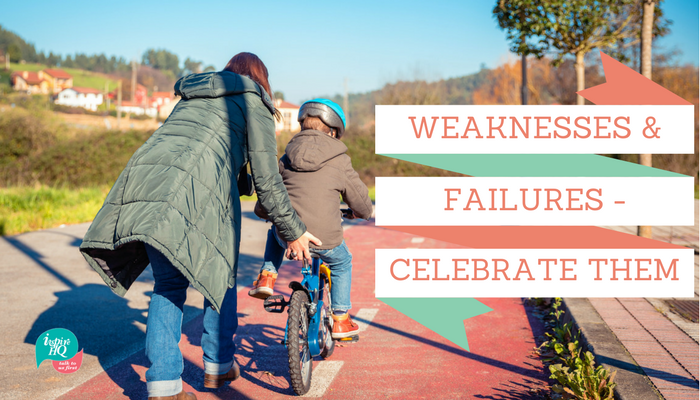They are the most dreaded interview questions. They are the ones that want to know about your weaknesses, when you have done something wrong, when you have failed, what doesn’t come naturally to you. Most people struggle the most with these kinds of questions when sitting at the interview table. We are supposed to be promoting how well suited we are for the job, demonstrating we can and will be able to do the job and can add value. But how do you do this when you have to talk about the negatives?
If you Google answering weaknesses interview questions you’ll be inundated with info on how to answer these questions by listing skills that are irrelevant to the role you are being considered for or my favourite: turn it in to a positive. Really?!
Hopefully most recruiters and hiring managers are a little more sophisticated these days and aren’t still asking the “what are your weaknesses” question. Either way though, chances are you’ll get a few questions that are directed at your weaknesses and/or when you have had something go wrong.
The absolute worst thing you can do when confronted with these questions is to deny. Stating that you don’t have any weaknesses (or can’t think of any at that moment), or that you have never missed something or done something wrong or made an error in your job is just completely ridiculous. In my opinion it’s worse than being honest and blurting out what your weakness is or what error you made. It’s worse because you are lying. Lying at an interview is never going to do you any favours or help you land the job. No matter who you are, every single one of us has had a time in our working life where we have done something wrong, where we could have done something better, where we got feedback that what we did was below standard, where we were learning and made a mistake. And there are simply things that just don’t come naturally to us. We are not great at everything or successful the first time at everything we do. Yet when we sit down at the interview table we think we have to present as the perfect candidate for the job.
I recently heard Gus Balbontin, (if you get the chance to hear him speak, seize it) former Executive Director and Chief Technology Officer of Lonely Planet speak at an event and he asked the audience “What is the opposite of Success?” The audience responded without hesitation “Failure.” If we stop and think about this, failure is not the opposite of success. Without failure we cannot have success. When we learn to ride a bike for the first time, we wobble around, we fall off, we need someone to hold the back of the seat and run along with us until we get our balance right and then away we go. We fail at riding the bike before we are successful.
Why do we not look at the weaknesses or failure question at an interview with the same perspective? In reality, it’s not even just at an interview, it is ingrained in us from a very young age that failure and weakness is a bad thing. We very rarely talk about our weaknesses or our failures. Yet if we need to experience failure to succeed and weakness to learn how to develop those skills or compensate for them; why do we avoid at any cost (to the point of lying at an interview) openly talking about our weaknesses and failures?
I was discussing this same topic with a group of business owners recently. We all openly talk about how good business is, how our businesses are growing, the new team members we are employing and the new clients we are working with. Never have I had a discussion with another business owner in a public networking forum about the big stuff up I made earlier in the week or how I am just simply no good at the marketing of my business or the process development needed to help the business grow and the headaches that lack of process has caused me.
My advice: next time you are at the interview table and are asked about your weaknesses or failures – tell the truth. Don’t be scared to share the good and the bad. An interviewer doesn’t expect you to be perfect or if they do you are probably being set up to fail in the job any way. Talk confidently about your weaknesses and failures, share what you learnt from the experience, share how that failure led to success. Talk to us about what you’d do differently next time, about your self-awareness of your weaknesses and how you manage or compensate for them. Your honesty, authenticity, self-awareness and drive to overcome failure and achieve success will hold you in much higher regard than dancing around the weaknesses and failure interview questions.
If you are interested in learning more about sharing and learning from our failures you may like to check out the Festival of Failure. I think this is such a brilliant concept and will be invaluable in breaking down our mentality that we need to hide our failures. Well worth checking out!


